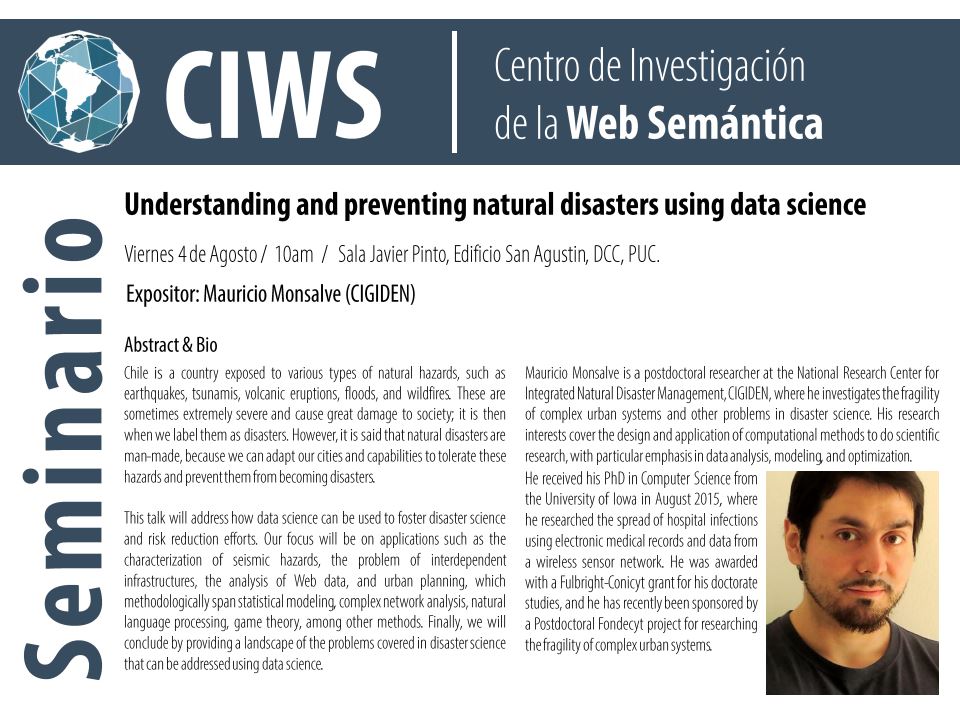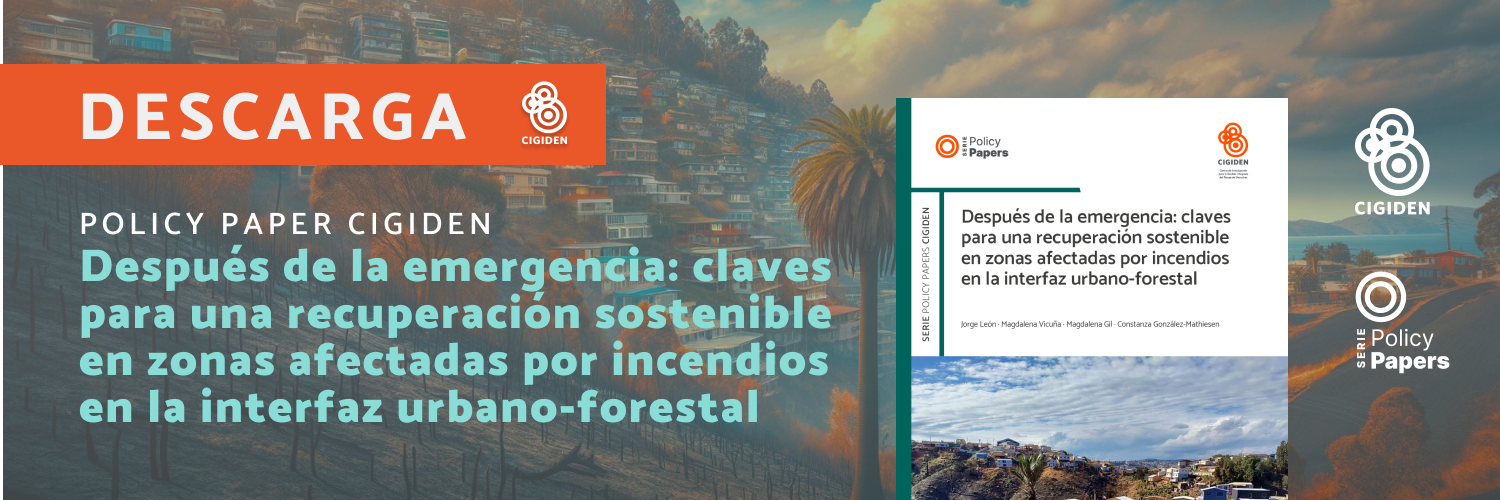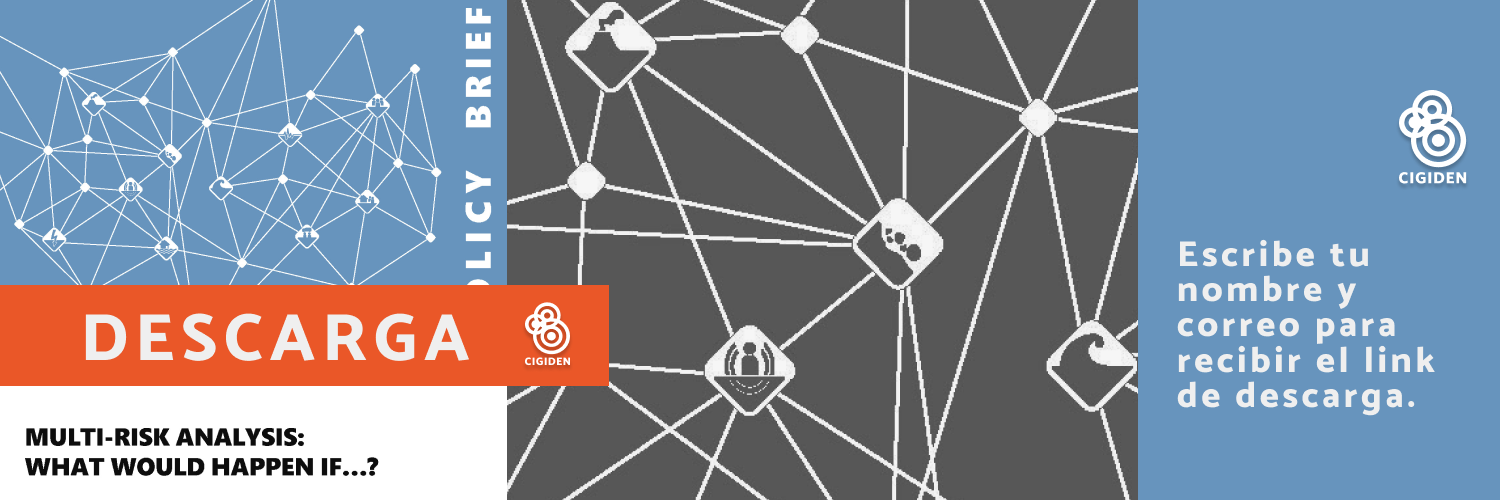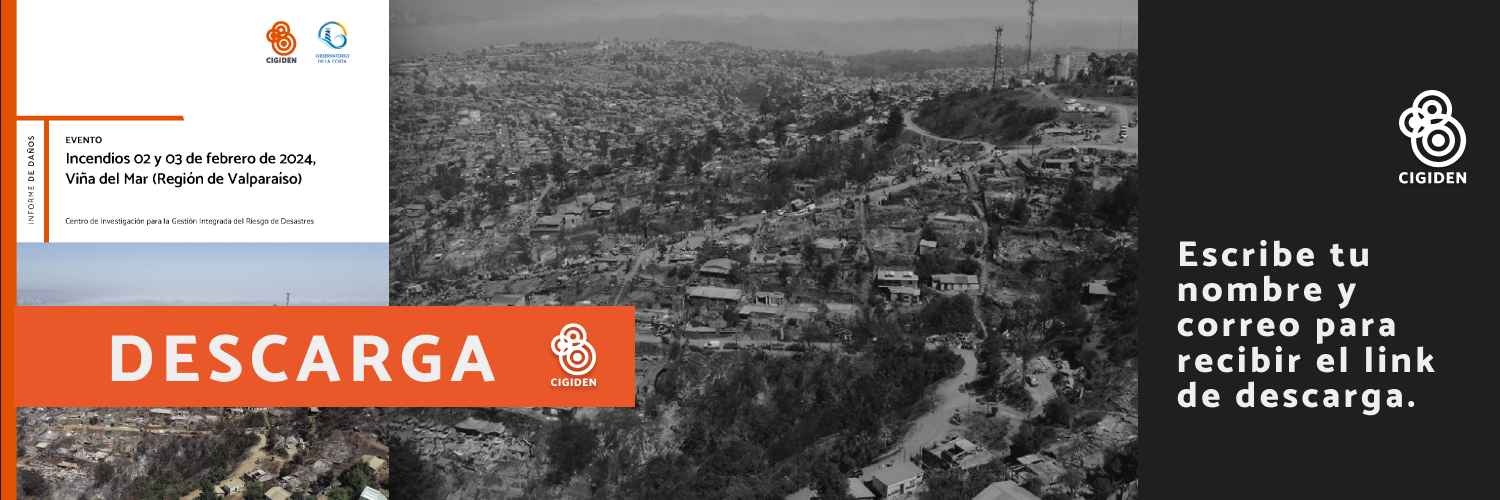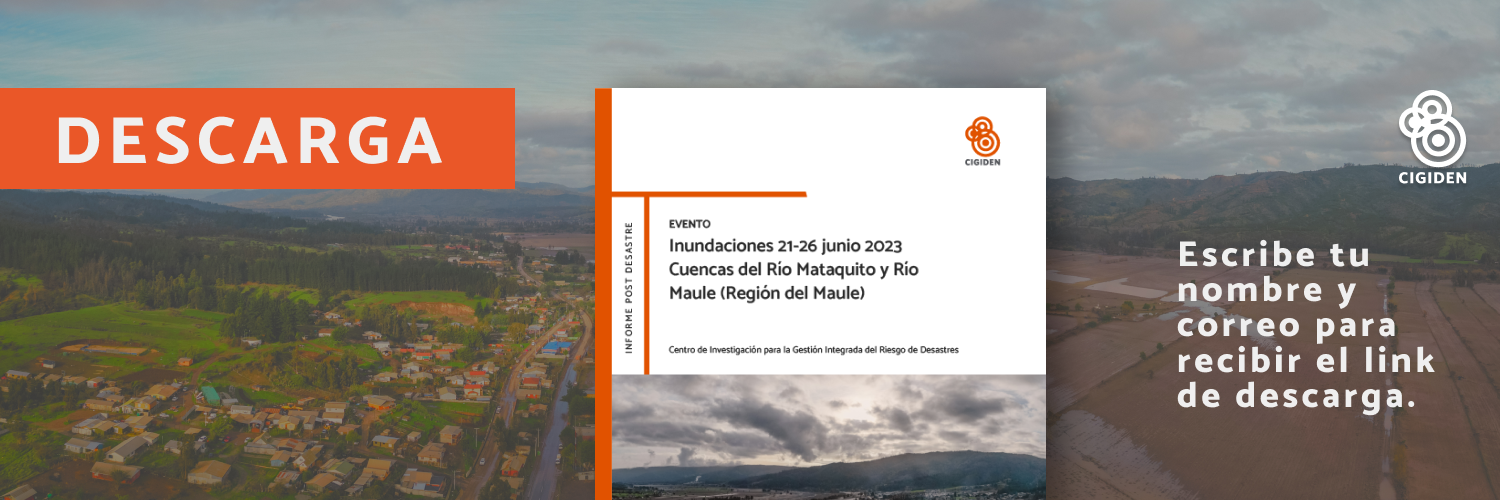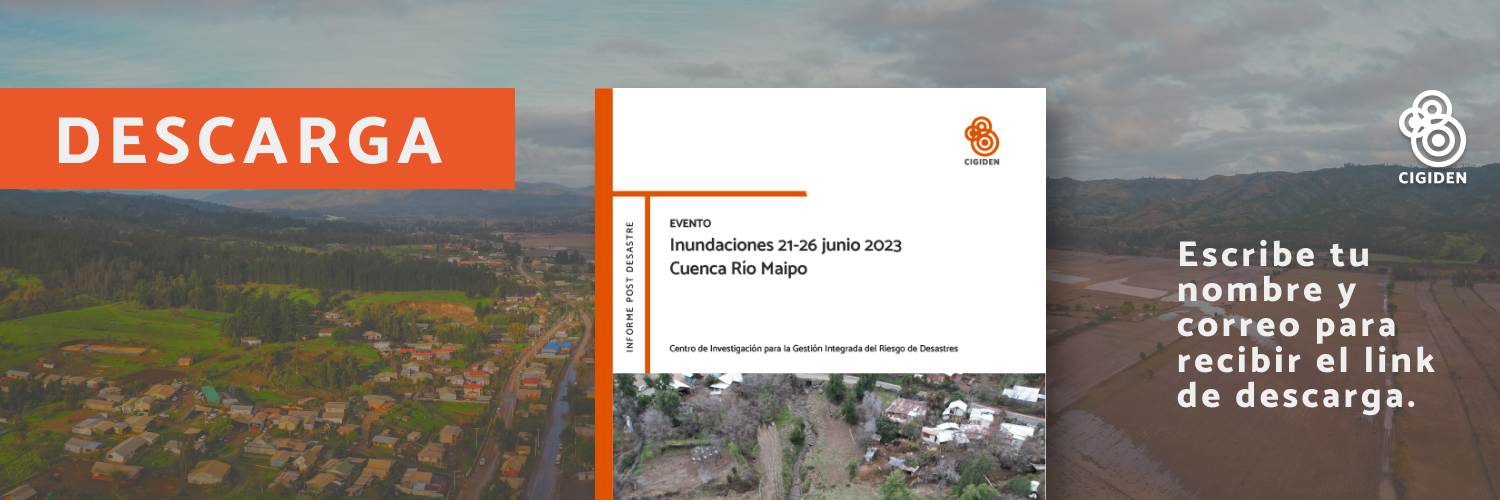Nuestro investigador Mauricio Monsalve participará del seminario Millennium Nucleus Center for Semantic Web Research, con la charla Understanding and preventing natural disasters using data science.
Abstract:
Chile is a country exposed to various types of natural hazards, such as earthquakes, tsunamis, volcanic eruptions, floods, and wildfires. These are sometimes extremely severe and cause great damage to society; it is then when we label them as disasters. However, it is said that natural disasters are man-made, because we can adapt our cities and capabilities to tolerate these hazards and prevent them from becoming disasters.
This talk will address how data science can be used to foster disaster science and risk reduction efforts. Our focus will be on applications such as the characterization of seismic hazards, the problem of interdependent infrastructures, the analysis of Web data, and urban planning, which methodologically span statistical modeling, complex network analysis, natural language processing, game theory, among other methods. Finally, we will conclude by providing a landscape of the problems covered in disaster science that can be addressed using data science.
About the speaker:
Mauricio Monsalve is a postdoctoral researcher at the National Research Center for Integrated Natural Disaster Management, CIGIDEN, where he investigates the fragility of complex urban systems and other problems in disaster science. His research interests cover the design and application of computational methods to do scientific research, with particular emphasis in data analysis, modeling, and optimization. He received his PhD in Computer Science from the University of Iowa in August 2015, where he researched the spread of hospital infections using electronic medical records and data from a wireless sensor network. He was awarded with a Fulbright-Conicyt grant for his doctorate studies, and he has recently been sponsored by a Postdoctoral Fondecyt project for researching the fragility of complex urban systems.


